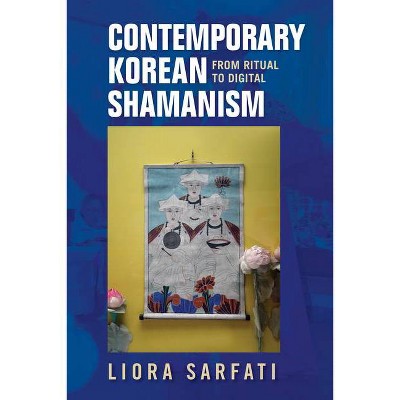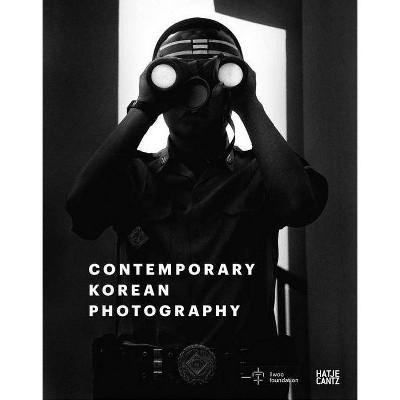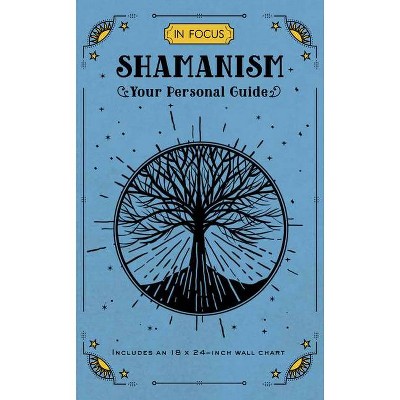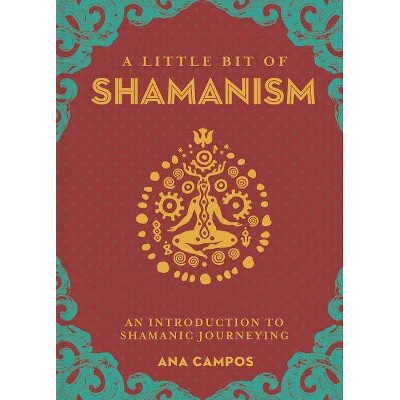Contemporary Korean Shamanism - by Liora Sarfati (Hardcover)

Similar Products
Products of same category from the store
AllProduct info
<p/><br></br><p><b> About the Book </b></p></br></br>"Once viewed as an embarrassing superstition, the theatrical religious performances of Korean shamans-who communicate with the dead, divine the future, and become possessed-are going mainstream. Attitudes toward Korean shamanism are changing as shamanic traditions appear in staged rituals, museums, films, and television programs, as well as on the internet. Contemporary Korean Shamanism explores this vernacular religion and practice, which includes sensory rituals using laden altars, ecstatic dance, and animal sacrifice, within South Korea's hypertechnologized society, where over 200,000 shamans are listed in professional organizations. Liora Sarfati reveals how representations of shamanism in national, commercialized, and screen-mediated settings have transformed opinions of these religious practitioners and their rituals. Applying ethnography and folklore research, Contemporary Korean Shamanism maps this shift in perception about shamanism-from a sign of a backward, undeveloped Korea to a valuable, indigenous cultural asset"--<p/><br></br><p><b> Book Synopsis </b></p></br></br><p><b>Once viewed as an embarrassing superstition, the theatrical religious performances of Korean shamans--who communicate with the dead, divine the future, and become possessed--are going mainstream. Attitudes toward Korean shamanism are changing as shamanic traditions appear in staged rituals, museums, films, and television programs, as well as on the internet.</p><p></b><i>Contemporary Korean Shamanism</i> explores this vernacular religion and practice, which includes sensory rituals using laden altars, ecstatic dance, and animal sacrifice, within South Korea's hypertechnologized society, where over 200,000 shamans are listed in professional organizations. Liora Sarfati reveals how representations of shamanism in national, commercialized, and screen-mediated settings have transformed opinions of these religious practitioners and their rituals.</p><p>Applying ethnography and folklore research, <i>Contemporary Korean Shamanism</i> maps this shift in perception about shamanism--from a sign of a backward, undeveloped Korea to a valuable, indigenous cultural asset.</p><p/><br></br><p><b> About the Author </b></p></br></br><p>Liora Sarfati is Senior Lecturer (Associate Professor) in the Department of East Asian Studies at Tel Aviv University.</p>
Price History
Price Archive shows prices from various stores, lets you see history and find the cheapest. There is no actual sale on the website. For all support, inquiry and suggestion messagescommunication@pricearchive.us



















